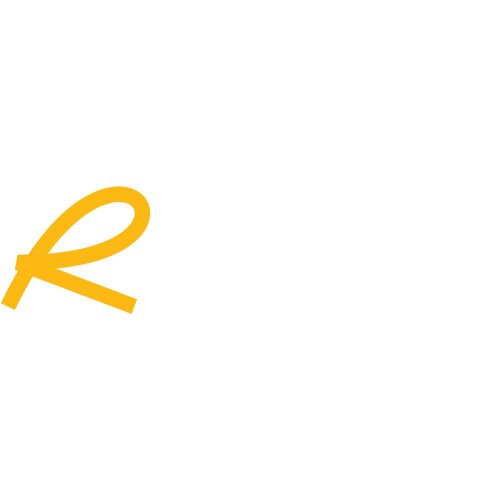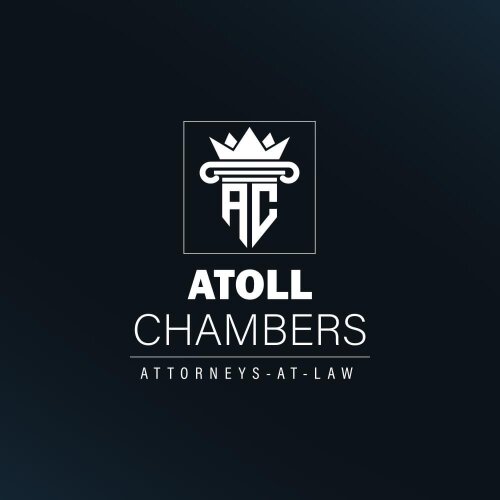Best Landlord & Tenant Lawyers in Maldives
Share your needs with us, get contacted by law firms.
Free. Takes 2 min.
Free Guide to Hiring a Real Estate Lawyer
Or refine your search by selecting a city:
List of the best lawyers in Maldives
About Landlord & Tenant Law in Maldives
Landlord and tenant law within the Maldives is a specialized area of law that governs the rights and duties of both landlords and tenants in their rental agreements. The law encompasses elements such as rental regulations, eviction procedures, property repairs and maintenance, rent increases, and issues related to security deposits. While much of the law is universally applicable, it may vary in certain contexts depending on the property type, the nature of the rental agreement, and local bylaws or customs.
Why You May Need a Lawyer
There are various circumstances in which you might require the expertise of a lawyer. As a tenant, you could need legal assistance if you're facing an unfair eviction, are living in poor or unsafe housing conditions, are being harassed by your landlord, or are being charged with illegal or exorbitant rent increases. As a landlord, you may need a lawyer’s guidance if a tenant is consistently late with rent, has caused severe damage to your property beyond fair wear and tear, is refusing to leave the property after the termination of the lease, or has violated other rules or obligations in the rental agreement. A lawyer can help negotiate terms, communicate effectively with the other party, and proceed with court action if necessary.
Local Laws Overview
Rent in the Maldives is usually agreed upon between the landlord and the tenant, and should be clearly outlined in the rental agreement. Increases in rent must be discussed with the tenant before they occur. When it comes to property rights, however, the law tends to favor the landlord, who may retain the right to access and inspect the property at reasonable intervals. As for eviction, landlords are obliged to give three months' notice, but can proceed directly to court in cases of rent arrears. Tenants have the right to peaceful enjoyment of the property and to live in habitable conditions. Local laws also mandate landlords to maintain the property and make necessary repairs.
Frequently Asked Questions
1. What legal protections do I have as a tenant in the Maldives?
As a tenant, you have the right to a habitable home, the right to complain about uninhabitable conditions without fear of retaliation from the landlord, the right to privacy, and protection from unlawful eviction. The terms of your lease agreement also offer legal protection.
2. How much notice does a landlord have to give before eviction?
Under Maldivian law, landlords must generally provide three months' notice prior to eviction, unless the tenant is in arrears with rent.
3. Can a landlord raise the rent arbitrarily?
No, any rent increases should be discussed with the tenant before they occur, and in certain cases, may also need to adhere to local guidelines about rental market increases.
4. What legal obligations do landlords have regarding property repairs?
Landlords are legally obliged to maintain the property and address repairs as soon as they become necessary. This includes ensuring that the property is structurally sound, securing water and electricity supplies, and making sure all installations, pipes, drains, and sewers function properly.
5. Can a landlord enter my rented property at any time?
While a landlord does have a right to access the property for inspections or repairs, they must do so at reasonable times and usually with notice. They cannot infringe on your right to privacy.
6. What can I do if my landlord refuses to make necessary repairs?
If your landlord refuses to make necessary repairs, you can make an official complaint to the Maldives Housing and Infrastructure Ministry.
7. What are the legal grounds for eviction?
Legal grounds for eviction include rent arrears, violation of the terms of the lease by the tenant, or if the landlord needs to use the property for personal use.
8. Can a landlord evict me without a court order?
No, a landlord cannot evict a tenant without obtaining a court order first, under any circumstances.
9. Is a written agreement required when renting property in the Maldives?
While not necessarily required, having a written lease agreement is highly advised as it gives legal support to both parties and outlines the terms of the tenancy clearly.
10. Who is responsible for paying the utility bills?
Responsibility for utility bills should be noted in your lease agreement. If it's not clearly mentioned, it's assumed the tenant is responsible for these bills.
Additional Resources:
The Maldives Housing and Infrastructure Ministry, property regulatory bodies, and legal assistance firms are key resources for more in-depth information. Additionally, local community legal aid clinics often have resources or can connect you with low-cost legal representation. Lastly, online legal platforms and databases can provide further insight into Maldives’ landlord and tenant laws.
Next Steps
If you're facing a landlord-and-tenant matter that requires legal assistance, your first step should be to gather all relevant documents, such as your lease agreement and any related correspondence. Then, contact a local attorney who specializes in landlord-tenant law. They can guide you on the best course of action, based on your individual circumstances. Always remember, legal issues can be complex and stressful, but knowing your rights and getting the right legal advice can help you navigate through the process.
Lawzana helps you find the best lawyers and law firms in Maldives through a curated and pre-screened list of qualified legal professionals. Our platform offers rankings and detailed profiles of attorneys and law firms, allowing you to compare based on practice areas, including Landlord & Tenant, experience, and client feedback.
Each profile includes a description of the firm's areas of practice, client reviews, team members and partners, year of establishment, spoken languages, office locations, contact information, social media presence, and any published articles or resources. Most firms on our platform speak English and are experienced in both local and international legal matters.
Get a quote from top-rated law firms in Maldives — quickly, securely, and without unnecessary hassle.
Disclaimer:
The information provided on this page is for general informational purposes only and does not constitute legal advice. While we strive to ensure the accuracy and relevance of the content, legal information may change over time, and interpretations of the law can vary. You should always consult with a qualified legal professional for advice specific to your situation.
We disclaim all liability for actions taken or not taken based on the content of this page. If you believe any information is incorrect or outdated, please contact us, and we will review and update it where appropriate.
Browse landlord & tenant law firms by city in Maldives
Refine your search by selecting a city.















